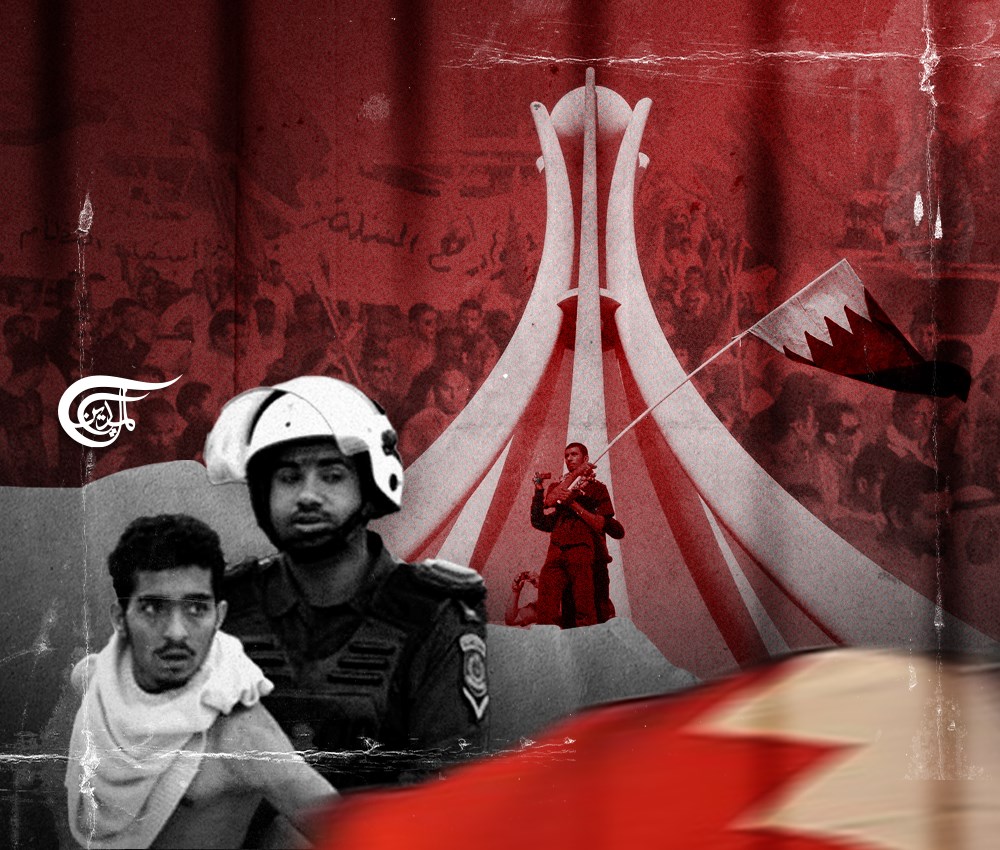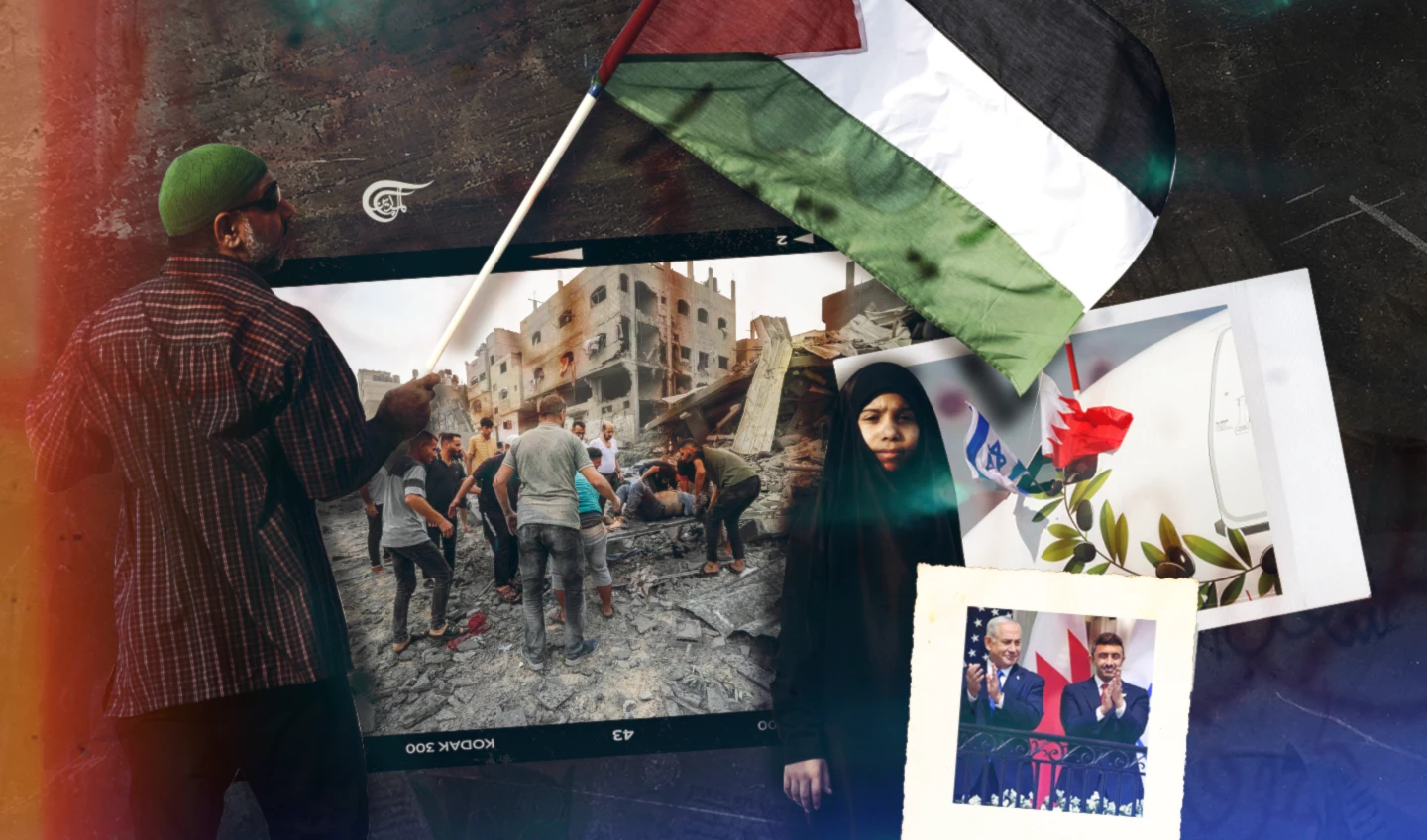Bahrain’s politicized judiciary doubted by its neo-ally, a cynical irony
Such a judicial tyranny runs contrary to fostering an environment of political inclusion that the Bahraini regime recurrently claims and confirms the worrying trend of political repression.
The occupation’s Jerusalem Post has critiqued a former Bahraini judge who praised the demonstrators in the occupied Palestinian lands for taking to the streets at a time when “according to Freedom House’s 2022 Report, the king appoints all judges and heads the Supreme Judicial Council, which administers the courts and proposes judicial nominees. The courts are subject to government pressure in practice. The country’s judicial system is seen as corrupt and biased in favor of the royal families and its allies, particularly in politically sensitive cases.”
In 2011, Bahrain’s de-facto ruler charged the Bahrain Independent Commission of Inquiry (BICI) with investigating the government’s suppression of February’s pro-democracy movement.
The Commission's detailed report concluded that courts, including military ones, vigorously convicted roughly 300 citizens for exercising the rights to free expression and peaceful assembly.
The regime’s Supreme Appellate Court also upheld many of the convictions and lengthy sentences against “Bahrain13” (i.e. most prominent opposition leaders), which had been pronounced by a military court.
The “Bahrain13″ are a group of prominent opposition prisoners who were detained between March –April 2011 (two have been released) for their calls for civil and political rights after enduring severe physical and mental torture.
Among those is Mr. Hassan Mushaima, who has been held in isolation at the “Kanoo Medical Center” since July 2021 and is currently denied medication for relieving nerve pain. According to his family, the ailing leader has not been given the necessary medications for nearly a month.
Another case is Abdulhadi Al-Khawaja who was rushed to the hospital - earlier this month- after experiencing heart palpitations, but he has also been denied access to a cardiologist.
Meanwhile, Denmark’s delegation at HRC’s 52nd session threw the spotlight on the human rights situation in Bahrain and called for the release of “arbitrarily detained persons without further delay, including the Danish-Bahraini citizen, Mr. Abdulhadi Al-Khawaja.”
For her part, Mary Lawlor, the Special Rapporteur on Human Rights Defenders, Tweeted: “I call on Bahrain to facilitate an early appointment with a cardiologist as indicated necessary by the doctor and for Denmark to follow this.”
The BICI’s 2011 report has recommended that those unfairly persecuted “have their convictions reviewed and sentences commuted or, as the case may be, outstanding charges against them dropped.” More than 12 years now; nevertheless, nothing has been done. The judiciary is only and only politicized.
Indeed, still many cases are repeatedly documented where judges convict defendants (including minors) of “crimes” based solely on the peaceful exercise of political freedoms.
Due to Bahrain’s rampant culture of impunity, few prosecutions of security personnel - implicated in serious human rights infringements - have targeted almost exclusively low-ranking members; even those sham suits have resulted in acquittals or disproportionately light sentences.
Bahrain’s constitution states that it shall guarantee the independence of the judiciary. The latter; however, has systematically been subject to inappropriate governmental influence and has passed multiple politicized verdicts, such as resolving Al Wefaq, the country’s main opposition bloc (gained 64% of votes in 2010 parliamentary elections) and sentencing its Secretary General, Sheikh Ali Salman, to life imprisonment based on remarks he made voicing his hope that Bahrain “embraces all citizens without distinction.”
Sheikh Ali Salman is unjustly incarcerated since December 28, 2018, under a myriad of fabricated allegations relating to attempts to launch a “coup d’état against the regime,” as well as “spying for Doha.”
“Members of the society are forbidden from meeting with a representative of any foreign state without the presence of a representative from the foreign ministry,” Sheikh Salman stated in his legal plea.
In an interview last year, Qatar’s former PM, Hamad bin Jassim, dispelled Manama’s politically-motivated claims that he had secretly colluded with Sheikh Ali Salman to incite protests against authorities.
The former PM affirmed that not only he met with Al Wefaq’s SG in full coordination with the Bahraini officials, Saudi Foreign Minister Saud al-Faisal, and US official Jeffrey Feltman, but the meeting also took place inside the ruler’s own palace “in a bid to end the political crisis.”
Indeed, such a judicial tyranny runs contrary to fostering an environment of political inclusion that the regime recurrently claims and confirms the worrying trend of political repression. After more than a decade, the international community has failed to put pressure on Bahrain to guarantee in all circumstances that citizens are able to carry out their legitimate political rights without fear of judicial reprisals.
It is absolutely sarcastic that two distinctly apartheid regimes would exchange such accusations and distinguish between fair and unfair judiciary; one is an occupier that suppresses the Palestinian Indigenous people and the other is a non-elected regime that suppresses the Bahraini indigenous people. The only crime of both indigenous peoples is that they want to breathe in a miserable world that is governed by shameful double standard laws and unparalleled hypocrisy!!

 Sondoss Al Asaad
Sondoss Al Asaad
 5 Min Read
5 Min Read










